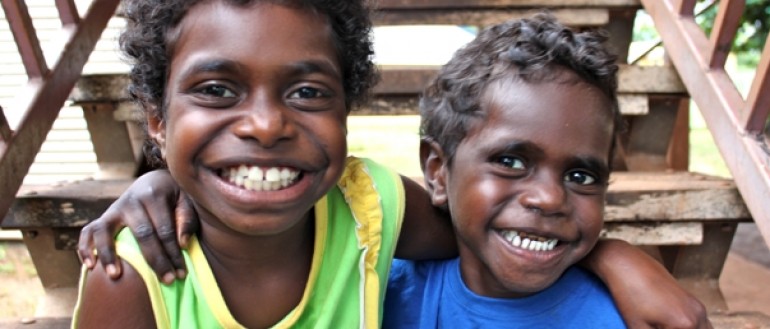Australia spends a lot of money developing and testing medicines, technologies, systems and new ways of doing things to improve health care and health outcomes. But we spend very little on understanding how to implement all these evidence-based products.
Aims:
This project aims to improve the ways that programs or innovations are implemented in Indigenous health. It includes four major parts:
- A review of the literature on implementation in health care generally, to identify those aspects of the evidence-base that may be relevant in Aboriginal and Torres Strait Islander contexts.
- A roundtable to test the validity of findings from the literature review against the ‘on the ground’ experience and tacit knowledge of stakeholders and research users.
- Development of two draft tools and an evaluation framework to support planning for implementation in Aboriginal and Torres Strait Islander health.
Why is implementation important?
- Money, effort and time are wasted by ineffective implementation of new programs
- Programs and practices that work well in Aboriginal and Torres Strait Islander health often lapse after pilot programs or research funding ends
- Better implementation could help ‘Close the Gap’ more rapidly.
Chief Investigators:
- Jenny Brands
- Kate Silburn
Project Manager:
- Jenny Brands
Contact information:
Project dates:
Completed June 2013.
Funders:
- The Lowitja Institute
- Implementation roundtable held March 2013.
-

Nursing shortage in Central Australian remote communities due to border restrictions
"We need dedicated training programs so that nurses, for example, can train to work in that environment and work in a culturally safe way" Professor Wakerman said.

